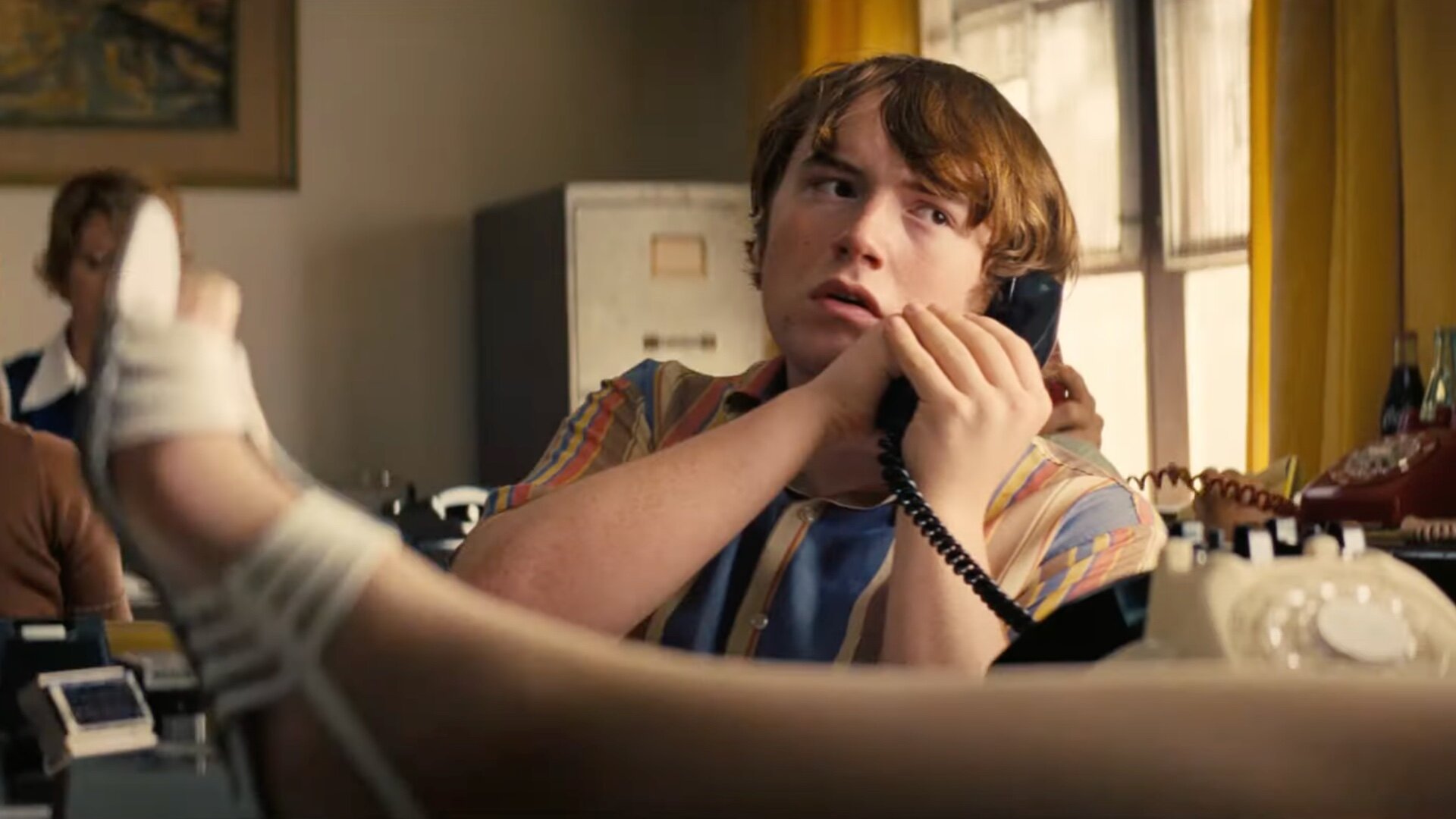Film Review: Licorice Pizza (2021)

As I began to navigate the world of Paul Thomas Anderson’s Licorice Pizza, I found myself surprisingly underwhelmed. As a fan, I’ve come to expect a certain grit and seediness to Anderson’s work that his latest effort seemed to lack, and I wasn’t sure what to make of it. Where were the flawed protagonists? The manipulate, or savage ones? Where was the violence or the overwhelming threat of it? I had a hard time making heads or tails of what I was seeing without the director’s usual signifiers until I realized that they weren’t going to be there at all, and that Licorice Pizza was not There Will Be Blood or Boogie Nights, or ever Punch-Drunk Love. And with this simple acceptance, I was suddenly and joyously immersed in a time and place I knew almost nothing about, and enraptured with strangers I would never meet. Their failures big and small mattered to me, and I was moved by their every success. Despite my early misgivings, Licorice Pizza now had me hooked.
Paul Thomas Anderson certainly knows how to make a movie, and while it’s true that I feel rather brainless for ever having doubted one of my favorite director’s ability to do his job and do it well, I must admit I still enjoy the euphoric feeling of being surprised by the simplicity of a well-told story. Many of Anderson’s films are big, epically proportioned affairs filled with brooding complexity and tense confrontations, but they can also be astonishingly quiet and contemplative or philosophical and observant when they need to be. What sets Licorice Pizza apart from the director’s previous works is that, while it still is these things (albeit less intensely so), it’s also much more playful – more of a celebration of youthful exuberance than an examination of life’s rigors, perhaps. And while actions still do plainly have consequences, the stakes are much lower than we’ve previously seen – even if it doesn’t feel that way to the young people involved.
In fact, you’d be hard-pressed to find a more unique coming-of-age story than Licorice Pizza. Shot almost like a Scorcese gangster picture (but about a group of kids with endless amounts of energy and entrepreneurial spirit instead of career criminals), Licorice Pizza centers on the relationship between 15-year-old Gary and 25-year-old Alana (both played outstandingly by Cooper Hoffman and Alana Haim), the ups and downs of young Hollywood in the early-1970s, and the irresistible appeal of waterbed salesmanship and video arcade ownership (seriously, I was fascinated by these last two). Anderson’s world is a large and colorful place made small only by the age limitations of his characters, but the frequent invasions by industry has-beens and wannabes (played with a ton of life by Bradley Cooper, Sean Penn, Tom Waits, Benny Safdie, and others) transforms this already vibrant setting into a nearly other-worldly swell of humanity teetering on the brink of absurdity and collapse. It can’t possibly exist, yet it does, and does so with an energy that can only come with the reckless excitement of adolescence. It’s beautiful and surreal at once, but it’s also material and genuine.
The good-natured mischief Anderson uncovers in Licorice Pizza suits him well. It’s a sincere film, like his others, but lacks his signature brutality and viciousness. His characters are as driven as ever, but motivated by something optimistic rather than exploitative or selfish. Licorice Pizza is about hope rather than force, after all, and where the exploration of love (its meaning, its weaknesses, its power, etc.) is as equally important in previous films, it has never been approached with such a wholesome, positive attitude as it is here. I’m happy to say that, this time around, love wins instead of destroys.

